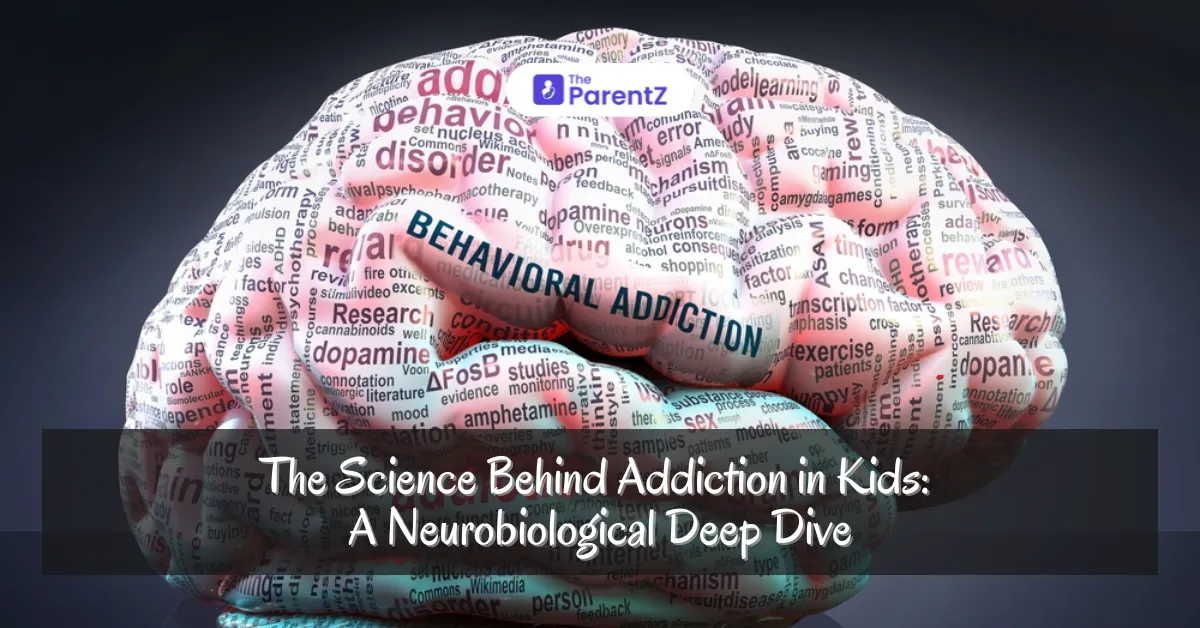Addiction is not just a behavioral choice—it's a complex neurological phenomenon that fundamentally rewires the developing brain. When we explore child addiction brain effects, we're peering into a world of intricate biological mechanisms that challenge our traditional understanding of substance use and dependency. This blog explores the complicated relationship between child addiction and brain effects, providing evidence-based insights into this pressing issue.
The Developing Brain and Its Vulnerability
Children's brains undergo significant changes during their developmental years, particularly during adolescence. This period is characterized by rapid growth in areas responsible for decision-making, impulse control, and emotional regulation. The prefrontal cortex, governing these functions, is one of the last areas to mature. Consequently, children and adolescents are more prone to risk-taking behaviors, like trying drugs and alcohol.
Research indicates that exposure to substances during these critical developmental stages can alter brain structure and function. For instance, studies have shown that adolescents who engage in substance use may experience disruptions in neuronal pruning—a natural process where unnecessary neural connections are eliminated to enhance cognitive efficiency. This disruption can lead to long-term cognitive deficits and increased susceptibility to addiction.
The Neurobiology of Addiction
Addiction fundamentally alters the brain's reward system. When a child uses drugs or alcohol, these substances fill the brain with dopamine, a neurotransmitter associated with pleasure and reward. Initially, this surge creates feelings of euphoria; however, repeated substance use leads to changes in how the brain processes rewards.
Over time, the brain begins to adapt to these high levels of dopamine by reducing its sensitivity to natural rewards such as food or social interactions. This phenomenon creates a cycle where children increasingly seek out drugs to achieve the same pleasurable feelings, they once experienced. The result is a profound shift in behavior as they prioritize substance use over other activities that once brought joy.
Impact of Substance Use on Cognitive Functions
The effects of addiction on cognitive functions are particularly concerning for children. Research has demonstrated that early drug use can impair memory, learning abilities, and decision-making skills. Adolescents who have engaged in heavy alcohol consumption show reduced volume in critical brain regions associated with memory formation, such as the hippocampus. This reduction correlates with poorer academic performance and difficulties in retaining information.
Moreover, studies indicate that children exposed to substances may struggle with attention and impulse control—key components for successful learning environments. These cognitive impairments can lead to a cascade of challenges throughout their educational journey.
Behavioral Patterns Linked to Child Addiction
Children who develop addictions often exhibit specific behavioral patterns that can signal underlying issues. Common indicators include:
- Withdrawal from Social Interactions: Children may isolate themselves from friends and family as they become more consumed by their substance use.
- Declining Academic Performance: A huge drop in grades or lack of interest in school activities can be a red flag for addiction.
- Risk-Taking Behaviors: Engaging in dangerous activities or experimenting with various substances often indicates an underlying problem.
These behaviors not only impact the child’s immediate environment but also have long-term implications for their mental health and social relationships.
The Role of Environmental Factors
While biological factors matter, environmental influences cannot be overlooked. Children raised in homes where substance abuse is common are at a higher risk for developing similar behaviors themselves. Exposure to parental addiction creates an unstable environment filled with unpredictability and emotional turmoil.
The stress associated with living in such conditions may lead to anxiety and depression, further heightening the likelihood of them turning to substances as coping mechanisms. Furthermore, children who experience neglect or abuse are more vulnerable to developing both mental health disorders and addiction later in life.
The Hope of Neurological Resilience
While child addiction brain effects can be profound, the brain's remarkable plasticity offers hope. With appropriate intervention, many neural pathways can be rehabilitated, and healthy developmental trajectories can be restored.
Conclusion
Understanding addiction requires moving beyond moral judgments to a sophisticated neurobiological framework. Each child's journey is unique, complex, and deserving of comprehensive, scientifically informed compassion.
The brain is not a fixed entity but a dynamic healing system. With the right support, understanding, and intervention, recovery is not just possible—it's probable.








Be the first one to comment on this story.